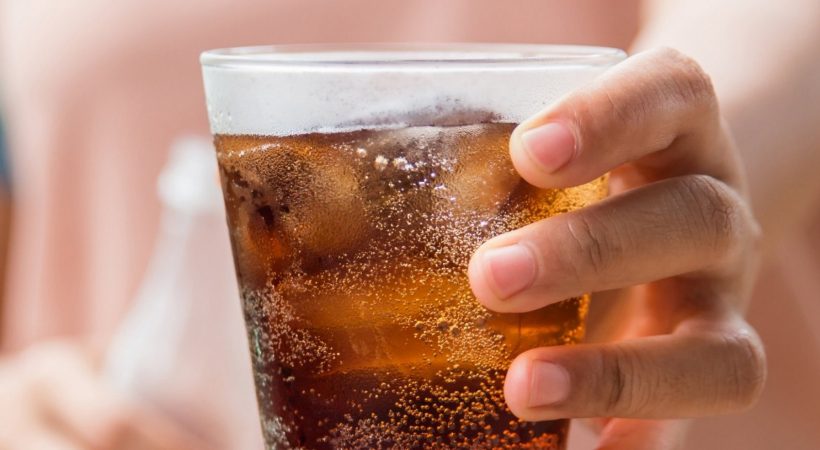SOFT DRINKS POST WORK OUT CAN BE DETRIMENTAL TO KIDNEYS

It is considered quite refreshing an experience, having soda or a cool drink right after a hot workout. But a recent study has shown that this tendency can be detrimental to health as it could affect the kidneys, interfering with its smooth functioning.
With high content of fructose, such caffeinated soft drinks were already known for increasing the risk of diabetes and obesity and with the new study, it has been proved that it can have even more bad effects.
The research was conducted by a group of scholars from the University at Buffalo in New York and published in the ‘American Journal of Physiology—Regulatory, Integrative and Comparative Physiology’
It is a natural response of the body to reduce the blood flow through the kidneys while exercising in a hot environment and this helps in regulating the blood pressure and conserving the water in the body. In rare cases,this drop of blood flow through the kidneys can cause Acute Kidney Injury AKI) owing to the accompanying drop in oxygen supply to the tissues. With the background of the earlier studies proving the increase of the biomarkers of AKI in those exercising in hot environment, the new study has shown that consumption of soft drinks in a dehydrated state can induce AKI.
The study was conducted on 12 healthy and physically fit adults with an average age of 24 and they were asked to complete a 30 run on treadmill followed by a 15 minute exercise session mimicking the activities at an agricultural site. After a relaxation time of 15 minutes, the participants were given either a popular citrus flavored high-fructose caffeinated soft drink or water. This one hour session was repeated four times. The same was repeated after a week and those who consumed the soft drink on the previous week were now given water and vice versa.
The participants were then tested for a range of parameters such as heart rate, core body temperature, body weight, and blood pressure. Moreover they were also tested for increased levels of creatinine in the blood and reduced glomerular filtration rate, both of which are markers for AKI. Proving the hypothesis, those participants who had recently consumed the soft drinks had both the biomarkers. In addition, those who consumed soft drinks were seen to be more dehydrated along with a higher level of vasopressin — an anti diuretic hormone that increases blood pressure.
Though the study was conducted only on a small group making it necessary to be replicated with a larger one, the study indeed is a warning against drinking soft drinks after a heavy work out.















